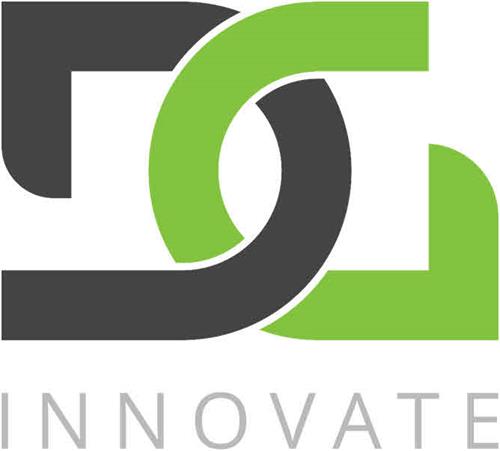While Lithium-ion (Li-ion) batteries have dominated the market for three decades, powering everything from personal electronics to electric vehicles, the search for next-generation battery chemistries is accelerating. Driven by sustainability, environmental challenges, supply chain volatility, and safety concerns, companies are exploring alternatives such as solid-state batteries (SSBs) and silicon-anode technologies. Sodium-ion (Na-ion) batteries have emerged as a promising contender, projected to outpace SSBs and silicon-anode batteries within the next decade, potentially reaching nearly $5 billion by 2032.
Leading companies like China’s CATL and the U.K.’s Faradion, now part of Reliance Industries, are spearheading commercial sales of Na-ion batteries. In the U.S., Natron Energy’s Na-ion battery plant is expected to begin deliveries for grid-scale applications this summer. However, as Na-ion batteries rapidly advance towards commercialization, ongoing research and development are essential to address performance and safety challenges.
U.S. data center demand is projected to reach 35 gigawatts annually by 2030, doubling the 2022 demand. Grid-scale energy storage is expected to exceed 400 gigawatts, a tenfold increase from 2023 installations. Meeting this rising demand necessitates a battery chemistry that is both sustainable and cost-effective. Sodium, being the sixth most abundant element on Earth, offers a more available and cost-efficient alternative to lithium. Na-ion batteries could reduce material costs by an estimated 25-30% compared to lithium iron phosphate (LFP) batteries, which are commonly used in utility-scale applications and electric vehicles.
Na-ion batteries, composed primarily of sodium, aluminum, and other materials, present a solution to the depletion of lithium resources, which are projected to be exhausted by the end of the 21st century. Additionally, Na-ion cells are estimated to cost one-third of their Li-ion counterparts. The U.S. holds the majority of the world’s natural soda ash, accelerating Na-ion technology development and manufacturing in North America.
Na-ion batteries offer high thermal stability and potential lower flammability, allowing for higher operating temperatures and lower voltages compared to lithium batteries. However, their energy density remains lower, averaging 150 watt-hours per kilogram compared to 265 for Li-ion, although Na-ion batteries are expected to reach 200 watt-hours per kilogram soon. The larger and heavier sodium ions result in lower energy per unit mass or volume.
Research focuses on improving Na-ion battery conductivity and electrochemical stability, and experimenting with cathode and anode materials to enhance cell capacity and energy density. Cathode materials like layered oxides, polyanionic compounds, and Prussian blue analogs (PBAs), and anode materials including hard carbon and tin-based alloys, show potential for improved performance, despite challenges such as toxic gas release at high temperatures for PBAs.
Designing Na-ion batteries requires careful assessment of material properties, safety considerations, and specific application needs. Advanced analytical techniques like accelerating rate calorimetry (ARC) and X-ray computed tomography (CT) can help evaluate failure modes and thermal runaway scenarios.
Innovative and sustainable Na-ion battery technology is gaining momentum, offering manufacturers, utilities, and electronics companies new opportunities to meet future battery demands, especially for large-scale applications like powering communities and critical data systems. However, with new technology comes inherent risks. Learning from Li-ion battery development over the past 30 years can help stakeholders anticipate and address challenges for Na-ion batteries.
The Na-ion battery supply chain remains in its early stages. Manufacturers and developers must carefully assess component integrations, sourcing options, and supply chain vulnerabilities to ensure quality and reliability. Defining risks in manufacturing, transport, and storage, and implementing processes for post-market surveillance and iterative improvements, will be crucial for the widespread commercialization of Na-ion batteries.
DG Innovate plc (LON:DGI) is an advanced research and development company pioneering sustainable and environmentally considerate improvements to electric mobility and storage, using abundant materials and the best engineering and scientific practices. Deregallera is a subsidiary of DG Innovate.


